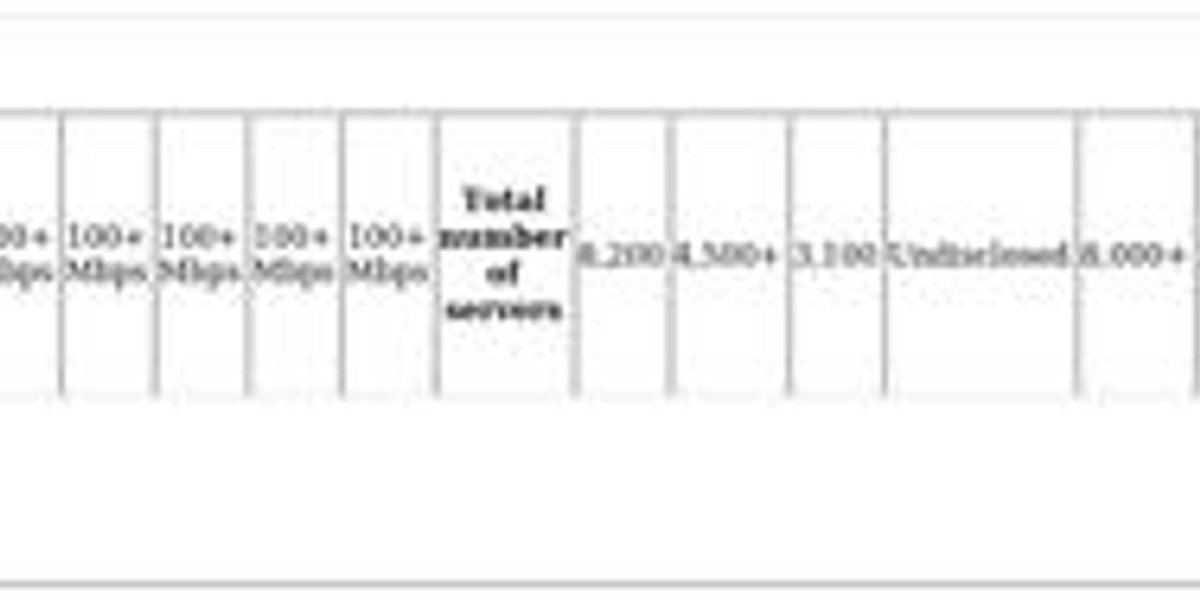The Germany Automotive Industry holds a commanding position in the global market, powered by advanced engineering, robust manufacturing capabilities, and a strong commitment to innovation. As one of the world’s largest automotive hubs, Germany continues to lead in vehicle production, technology development, and exports. The nation’s automotive market share reflects its excellence in performance, quality, and sustainability, positioning it as a global benchmark for automotive innovation and competitiveness.
Home to iconic brands such as Volkswagen, BMW, Mercedes-Benz, and Audi, the country’s auto industry forms the backbone of its economy, contributing significantly to employment and exports. The sector represents more than 20% of total German exports, demonstrating its critical role in global trade and industrial innovation. The country’s strong market share is supported by advanced R&D centers, cutting-edge production technologies, and a highly skilled workforce. Additionally, German manufacturers are actively transitioning toward sustainable practices, with substantial investments in electric mobility and digitalization. This adaptability ensures that Germany remains competitive in a rapidly evolving global landscape.
Germany is spearheading the transition to electric vehicles (EVs), with substantial investments in EV manufacturing, battery technology, and charging infrastructure. Leading automakers are reimagining their fleets, aiming for fully electric lineups within the next decade. This shift aligns with the government’s climate goals and reinforces the country’s reputation as a sustainable automotive leader. Germany’s automotive sector also thrives on innovation. The integration of artificial intelligence, robotics, and automation in production processes is enhancing efficiency and quality. Advanced driver assistance systems, autonomous driving technologies, and smart connectivity features are becoming integral to modern German vehicles, further strengthening market share globally.
Sustainability is now at the core of Germany’s automotive strategy. Automakers are reducing carbon footprints through renewable energy usage, recyclable materials, and energy-efficient manufacturing. These measures not only align with global environmental goals but also attract eco-conscious consumers worldwide, bolstering Germany’s competitive advantage. German vehicles are known for their quality and reliability, making them highly sought after in international markets. Europe, the U.S., and China remain key export destinations, helping maintain a significant global market share. Strategic partnerships and trade agreements further enhance Germany’s export-driven growth model.
The German automotive industry is entering an era defined by electrification, digitalization, and smart mobility. Increasing investments in EV infrastructure, battery research, and sustainable supply chains are setting the stage for a cleaner and more connected transportation future. Moreover, collaborations between automakers and tech companies are accelerating the development of autonomous and connected vehicles, ensuring that Germany continues to lead the global automotive transformation. Government support plays a crucial role in this transition. Incentives for EV adoption, funding for R&D, and policies promoting carbon neutrality are fostering a favorable environment for innovation. As the demand for smart and sustainable vehicles rises worldwide, Germany’s automotive manufacturers are poised to expand their global footprint and maintain a strong market share.
Looking ahead, the focus will remain on digital transformation, sustainability, and global collaboration. By embracing emerging technologies such as AI-driven manufacturing, next-generation mobility solutions, and circular economy practices, Germany will continue to set the standard for excellence in the automotive industry.
Frequently Asked Questions (FAQs)
1. What contributes to Germany’s strong automotive market share?
Germany’s market strength is driven by technological innovation, advanced manufacturing, global exports, and a strong focus on sustainability and electric mobility.
2. How is Germany adapting to the electric vehicle revolution?
German automakers are investing heavily in EV production, battery technology, and charging infrastructure, supported by government incentives promoting sustainable transportation.
3. What is the future outlook for the German automotive industry?
The future is centered on electrification, automation, and digitalization. With continued innovation and global expansion, Germany is expected to maintain its leadership in the global automotive market.
The Germany Automotive Industry remains a cornerstone of global mobility, setting benchmarks in innovation, performance, and sustainability. As the industry evolves, Germany’s market share will continue to reflect its legacy of excellence and forward-thinking approach to automotive progress.
More Related Report
Educational Tourism Market Size
Communication Based Train Control Market Size








